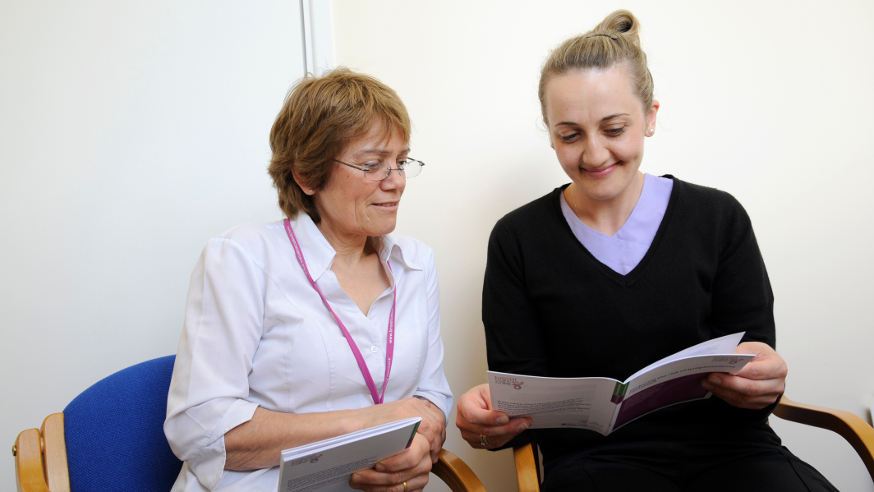Improving access to clinical trials
Clinical trials are the single best way to turn advances in science into patient benefits. The ICR has a vision that a suitable trial should be made available for every person with cancer who wants to be part of one.

Expanding trial access – ICR report
Our 2021 report, Clinical trials in cancer, reveals the impact of the Covid-19 pandemic on cancer trials and highlights longstanding barriers to expanding clinical trial access to more people with cancer. But Covid-19 also offers clues to a recovery that can get new treatments to cancer patients more quickly.

News: Cancer trial recruitment drops by 60 per cent during pandemic
The number of cancer patients entering clinical trials has plummeted during the pandemic – denying many thousands the latest treatment options and delaying drug development. Here, cancer experts set out their findings about the barriers to carrying out clinical trials in the UK and proposals for boosting participation.Latest ICR News

National breast cancer audit helps inform debate over surgical margins for ductal carcinoma in situ
A large national study has provided some of the strongest evidence yet on how much healthy tissue should be removed when treating ductal carcinoma in situ (DCIS) with breast-conserving surgery – helping to resolve a long-running clinical debate and prompting changes to the Association of Breast Surgeons guidance.

Immunotherapy uses invisibility cloak to deliver direct hit to prostate cancer
A new immunotherapy drug has shown promise for safely treating prostate cancer, a phase I trial reports.
.jpg?sfvrsn=205a5de0_2)
Targeted radiotherapy injection shrinks treatment-resistant prostate cancer tumours in early clinical trial
A new drug for prostate cancer, which delivers a precisely targeted dose of radiation to cancer cells, can keep cancer at bay, a phase I trial reports.

Researchers overcome major obstacle in targeted protein degradation
In a significant advancement, cancer researchers have found a long-sought way to overcome a critical design barrier in the generation of small-molecule chemical tools and drugs that work by targeted protein degradation.